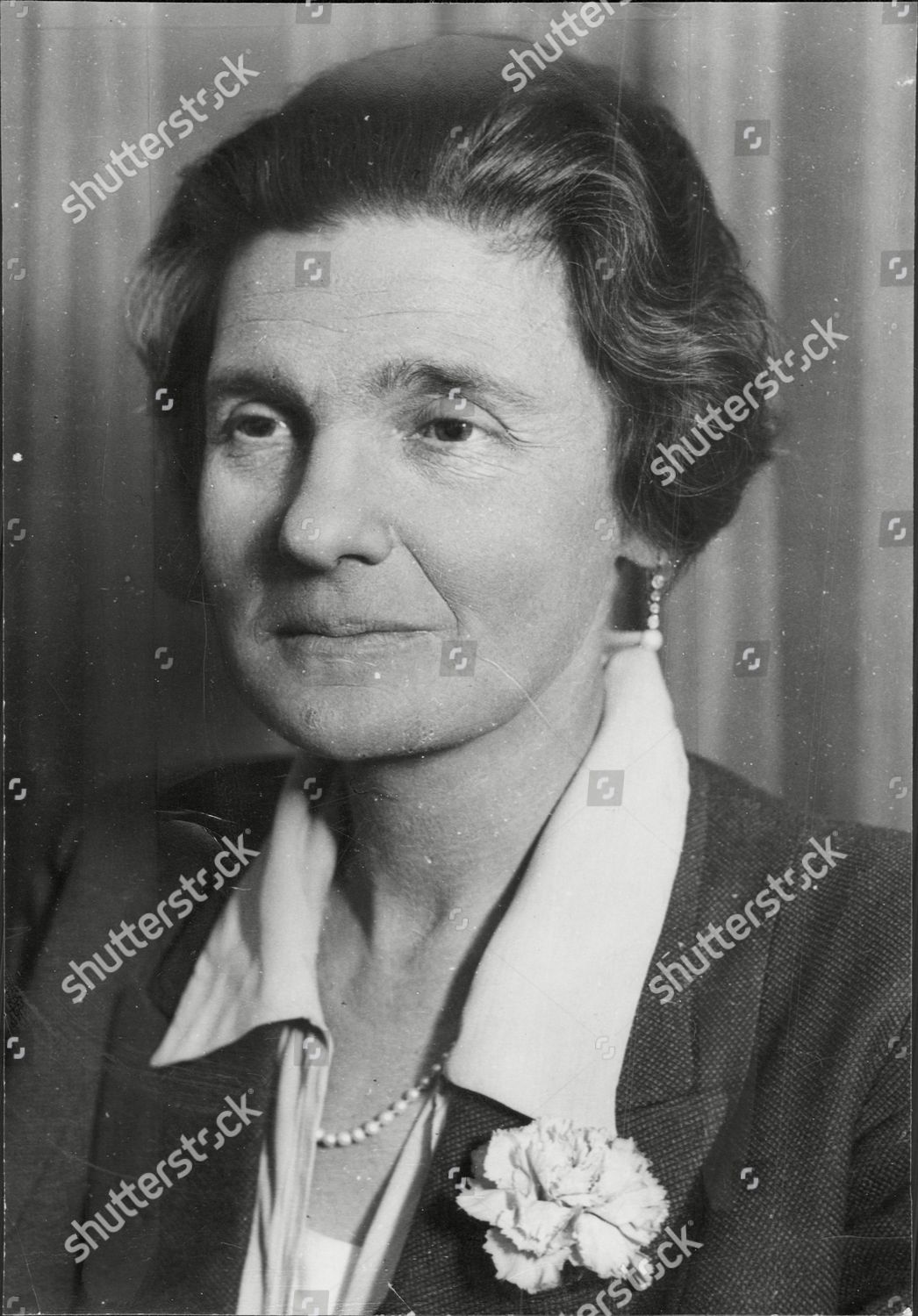Queer Places:
St. Michael's and All Angels Churchyard
Steeple, Purbeck District, Dorset, England
 Frances Marjorie Graves (17 September 1884 - 17 November 1961) was a
British civil servant, Conservative politician
and writer. Hilda Matheson lived with two friends, Marjorie Graves and
Janet
Vaughan (later to become Principal of Somerville), in South Kensington. Both
women were aware of her relationship with
Vita Sackville-West and were
sympathetic towards it. According to Matheson, Marjorie had "a ribald tongue,
enriched by a classical education and a past (I should guess) of her own."
Frances Marjorie Graves (17 September 1884 - 17 November 1961) was a
British civil servant, Conservative politician
and writer. Hilda Matheson lived with two friends, Marjorie Graves and
Janet
Vaughan (later to become Principal of Somerville), in South Kensington. Both
women were aware of her relationship with
Vita Sackville-West and were
sympathetic towards it. According to Matheson, Marjorie had "a ribald tongue,
enriched by a classical education and a past (I should guess) of her own."
Marjorie Graves was born in Allerton, Liverpool,
and was the youngest daughter of William Graves and his wife Fanny Charlotte
Neilson. William Graves was a ship owner in the port whose father had been
Conservative MP for Liverpool.[1] The
Graves family subsequently moved to Newells, Horsham, Sussex,
where William became a Justice
of the Peace.[1] They
also maintained a house in Brompton
Square, London.[2]
Marjorie had a private education, later schooling being carried out at
Château de Dieudonne, Bornel, France.[1] Her
researches in the Bibliothèque
Nationale and Archives
Nationales in Paris led to her publications of three works.
With the outbreak of war in 1914 she took up employment in the Foreign
Office. She attended the post-World War I Paris
Peace Conference, before transferring to the Intelligence Department of
the Home Office.[2]
Graves was politically a Conservative, and was a member of Holborn
Borough Council from 1928 to 1934. She became the first female chairman of
the Metropolitan Area of the National
Union of Conservative and Unionist Associations in 1936.[2]
In 1931 she was chosen as Conservative candidate for the parliamentary
constituency of Hackney
South, held by Labour cabinet
minister Herbert
Morrison. She succeeded in unseating Morrison to become the area's member
of parliament.[3] In
1932 and 1933 she was a vice-president of the Supporters Club of the Clapton
Orient Football Club and worked closely with Herbert Morrison MP in support of
Clapton Orient. At
the next general
election in 1935 she was hopeful of retaining the seat, with her campaign
centering on opposition to the use of Hackney
Marshes for the building of council
houses.[4] She
was, however, badly beaten, with Morrison returning to parliament with a large
majority.[5][6]
In 1936 she formed part of the British Government delegation to the League
of Nations.[7] In
1937 she was adopted as prospective candidate for Barnstaple, Devon.[8] The
next general election was, however, delayed until 1945 by the Second
World War, and she did not contest the seat.
She retired to Wareham,
Dorset, where she became a member of the county
council. She was unmarried, and died in Wareham in
November 1961.[2]
My published books:


BACK TO HOME PAGE

 Frances Marjorie Graves (17 September 1884 - 17 November 1961) was a
British civil servant, Conservative politician
and writer. Hilda Matheson lived with two friends, Marjorie Graves and
Janet
Vaughan (later to become Principal of Somerville), in South Kensington. Both
women were aware of her relationship with
Vita Sackville-West and were
sympathetic towards it. According to Matheson, Marjorie had "a ribald tongue,
enriched by a classical education and a past (I should guess) of her own."
Frances Marjorie Graves (17 September 1884 - 17 November 1961) was a
British civil servant, Conservative politician
and writer. Hilda Matheson lived with two friends, Marjorie Graves and
Janet
Vaughan (later to become Principal of Somerville), in South Kensington. Both
women were aware of her relationship with
Vita Sackville-West and were
sympathetic towards it. According to Matheson, Marjorie had "a ribald tongue,
enriched by a classical education and a past (I should guess) of her own."
